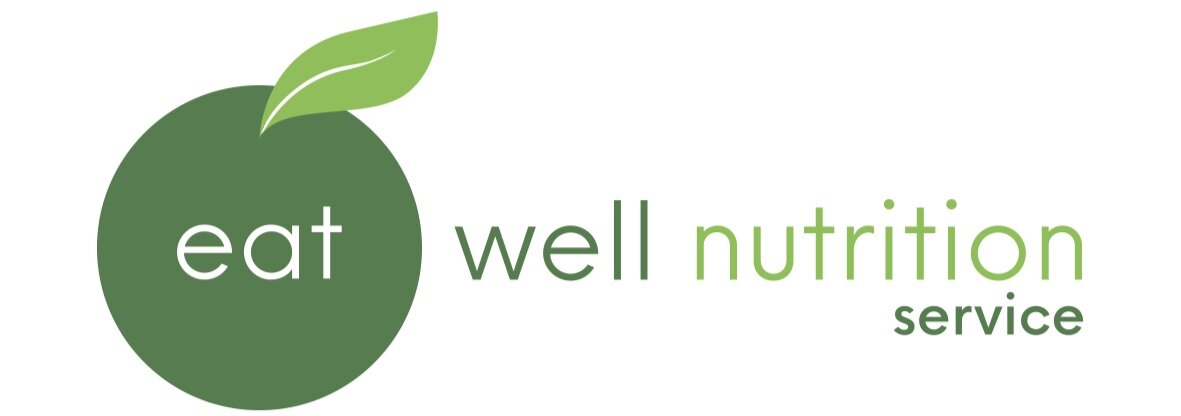Hydration in Summer months
The warmer weather has arrived which means the risk of dehydration amongst residents is elevated. It is important to ensure your facility has hydration strategies in place to avoid heat-related illness.The risk factors for dehydration include:
Poor oral intake
Requirement for thickened fluids
Poor access to fluids
Inability to independently eat & drink
Increased fluids losses from conditions such as diarrhoea/vomiting, unstable diabetes, increased urine output etc.
Impaired cognition
There are a number of clinical signs of dehydration which care staff should be monitoring for; these include dry cracked lips, dry skin, darker urine or reduced urine output, dry oral mucosa, increased confusion and drowsiness. The minimum volume of fluid required for adequate hydration is 1500-2000mls per day; many residents will need prompting and assistance to achieve this. A number of strategies can be implemented in facilities such as ensuring all residents are regularly offered fluids, or ensuring fluids are always within reach.
Strategies to maintain / increase fluid intake
Ensure all staff are adequately trained in regards to the importance of hydration.
Regularly offer fluids – e.g. every 1 ½ hours during the day
Offer fluids at specific routine times e.g. before/after showering, after toileting, before/after physiotherapy, after activities program, with medication rounds etc.
Regular hydration trolley rounds
Offer residents their preferred drinks; make sure staff are aware of residents preferences
Prompt residents to drink at meal times
Ensure fluid is within residents’ reach
Educate families / visitors to offer fluids when visiting
Encourage higher moisture foods such as jelly, custard, yoghurt, ice cream, soup, pureed fruit
Keep a fluid balance chart, especially for high risk residents
Use a sticker on trays of residents who need to drink more, to help prompt staff.
Identify at risk residents and pay more attention to them – e.g. confused, refusing fluids, febrile, on diuretics.
Example Daily Fluid Intake for an Aged Care Resident
Breakfast
Milk on cereal – 200 ml
Cup of Tea – 200 ml
Juice 100 ml
After Shower
Water offered – 100 ml
Morning Tea
Cup of Tea – 200 ml
Lunch
Cordial Drink – 150 ml
Afternoon Tea
Cup of coffee – 200 ml
Water – 50 ml encouraged when tray cup cleared away
Extra fluid offered
100 ml water/other beverage given by a staff member/visitor
Dinner
Soup – 150 ml
Milk drink – (e.g. plain, flavoured, supplement) – 200 ml
Bedtime
Water 50 ml offered prior to sleep
Medication Rounds
50 ml x 3 per day = 150 ml
100 ml Water offered with each medication round – Total 300 ml
Total 2000 ml
